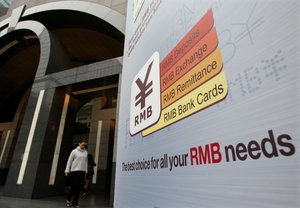It is now widely realized that China's sustainable economic growth rate is slowing and its unprecedentedly high investment ratio is unsustainable. It is less well recognized that its investment ratio implies a growth rate in the capital stock (perhaps 12% or more) that is hugely higher than the current speed limit on Chinese economic growth (perhaps 7% or less). To adjust the former down to the latter obviously risks a powerful accelerator multiplier contraction. So the issue at hand is whether China will bite the bullet now and take the pain or defer doing so to a later date. As it is a command economy and its overall debt to GDP ratio is still well below levels that have proved to be ceilings in other economies, it could well defer. But if the country moves too quickly toward Western style financial liberalization, this might well complicate the re-balancing process. It has becoming increasingly clear that debt growth has been so great in recent years the Chinese authorities will now try restraint/reform/re-balancing. Because the Chinese growth disequilibrium is now so wide, and the debt dependence of its fixed investment so great, these policies may well inflict too much pain on too many vested interests. In time a "stop" phase of a "stop go" policy will once again give way to a go phase led by debt dependent state-sponsored investment. But we will first get that "stop" phase involving restraint/reform/rebalancing. This panel examines a range of views on what everyone regards as a critical issue for the global economy.
Series: Human After All: Innovation | Disruption | Society
In the lead up to the 2014 INET conference in Toronto, Ontario, we speak with CIGI experts to learn more about innovation in the global economy.


